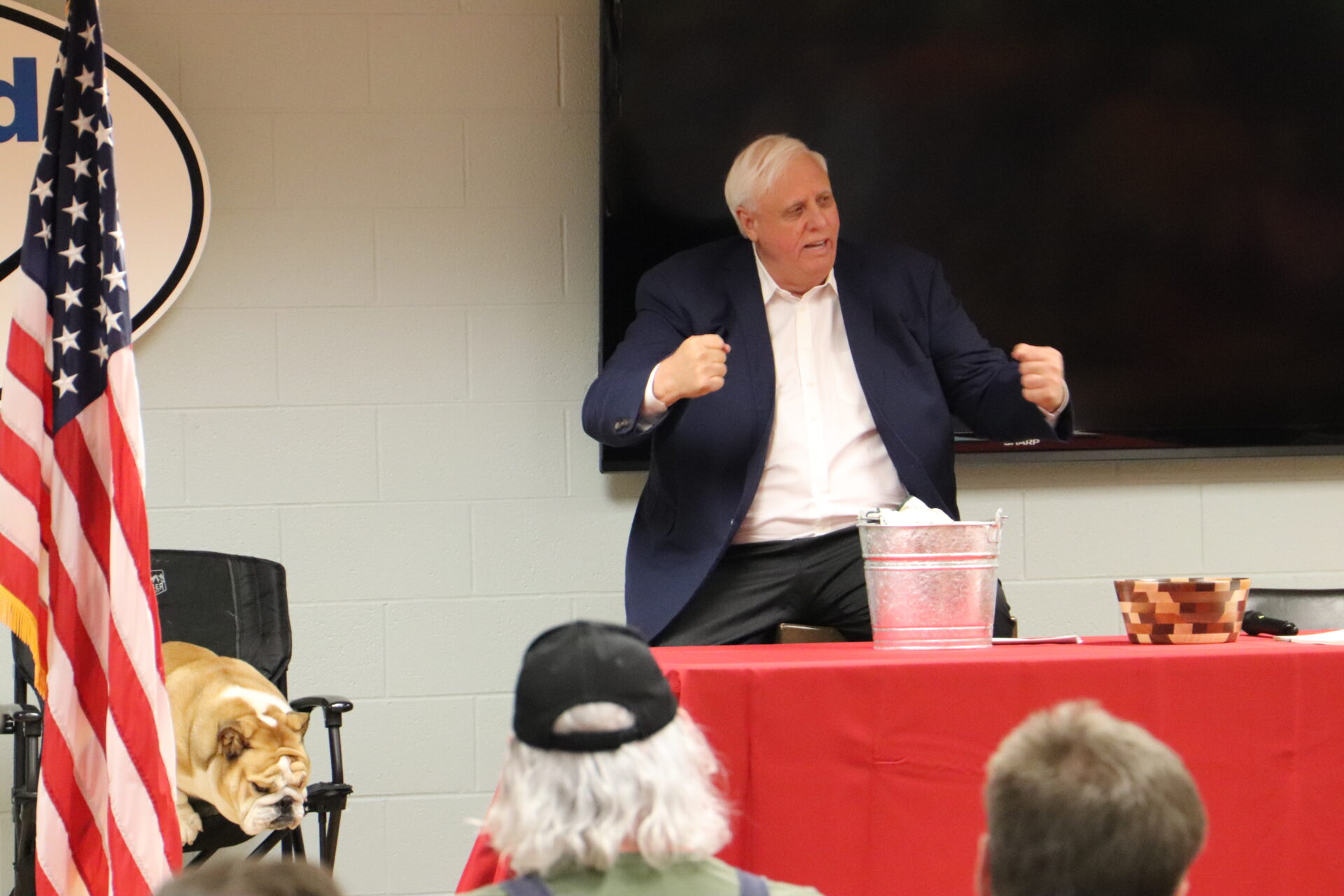Gov. Jim Justice’s U.S. Senate candidate financial disclosure form reveals details not found in his filings to the state ethics commission.
He must report his liabilities as a Senate candidate but not as governor.
Justice is not required to list his debts in his annual disclosure filed with the West Virginia Ethics Commission.
However, his disclosure as a U.S. Senate candidate, filed Monday, shows tens of millions of dollars in liabilities.
For example, Justice owes $25 million to $50 million to JP Morgan Chase. The New York bank is his largest single creditor.
It is also one of the five banks on the state treasurer’s restricted financial institutions list, because that office determined the bank was “boycotting” fossil fuel investments.
Justice made his fortune in the coal business, and most of his assets are coal-related.
The law behind the restricted financial institutions list, SB 262, does not apply to Justice. It blocks the institutions on it from receiving state contracts.
A recent Sierra Club report found that JP Morgan Chase and other banned banks are some of the biggest backers of electric utilities that burn coal.
The state’s ethics code exempts the disclosure of debts “resulting from the ordinary conduct of your business, profession or occupation” and “to a financial institution or credit card company.”
The debts listed in Justice’s Senate disclosure do not include the additional tens of millions of dollars he owes in taxes, fees and penalties to states in which he does business or the federal government.
The U.S. Justice Department is suing 13 of Justice’s companies to recover $7.6 million in civil penalties, administrative fees and interest.
The Senate disclosure requires candidates to report liabilities of $10,000 or more.
